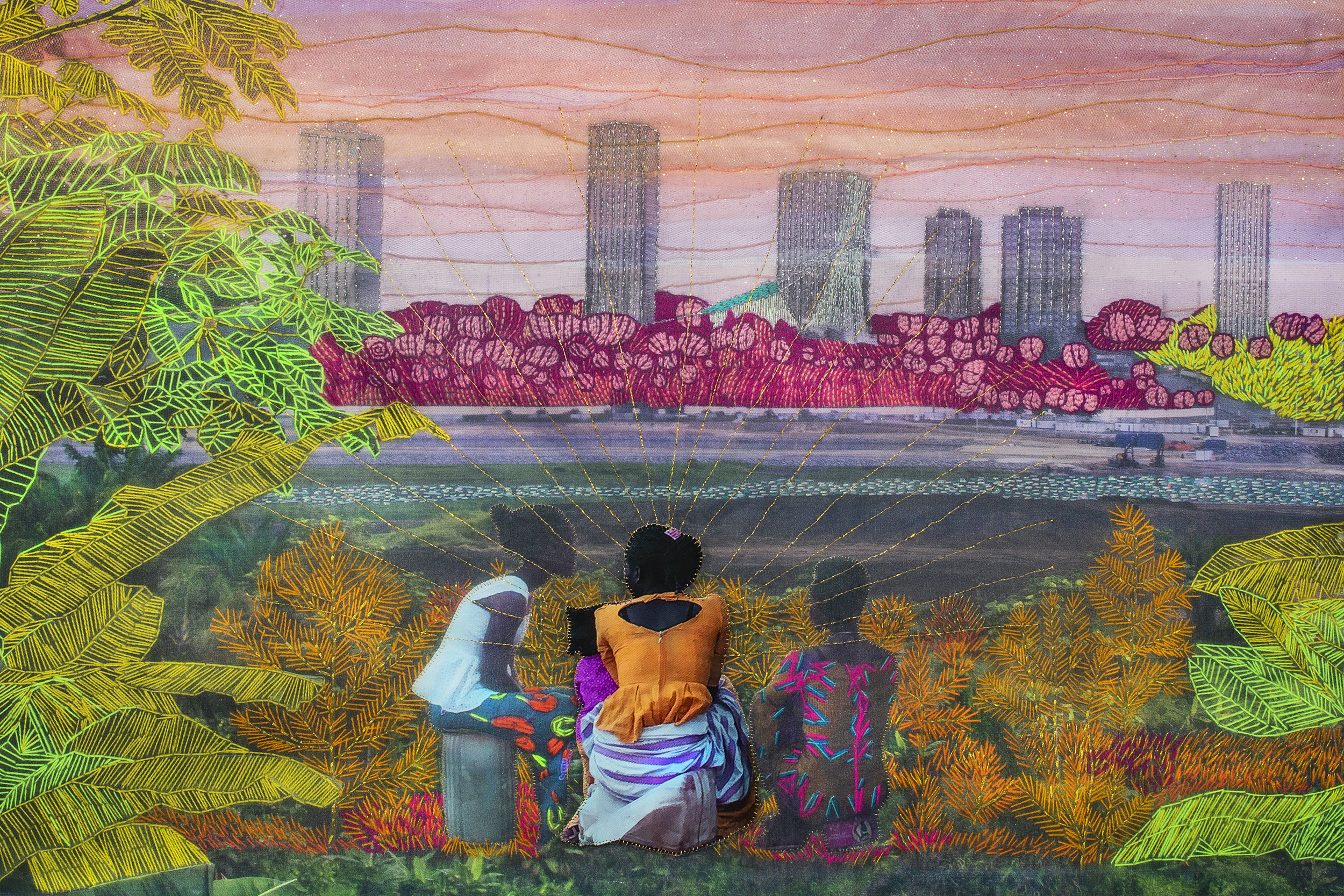
“As the Wind Whispers,” 2019.
© Joana Choumali
Picking at the seams of Western hand-me-downs in Africa
For her Peabody fellowship, Côte d’Ivoire artist Joana Choumali will use her signature embroidered photography to explore social identity, colonial legacies, and global power relations
What happens when Western secondhand clothing and message T-shirts are imported to African consumers, many from less affluent classes? Joana Choumali, a Côte d’Ivoire-based artist noted for her work embroidering directly on photographs, will explore these questions and more, backed by a fellowship at the Peabody Museum of Archaeology & Ethnology.
As the 2020 Robert Gardner Fellow in Photography, Choumali will receive a $50,000 stipend to launch a project, followed by the publication of a book.
Choumali plans to ground her fellowship in an “anthropology of clothing.” Her photographic and mixed-media project, “Yougou-Yougou” (Secondhand Clothing), will explore how imported Western clothing affects community identity and exposes inequalities created by colonial legacies, transnational trade, and global power relations.
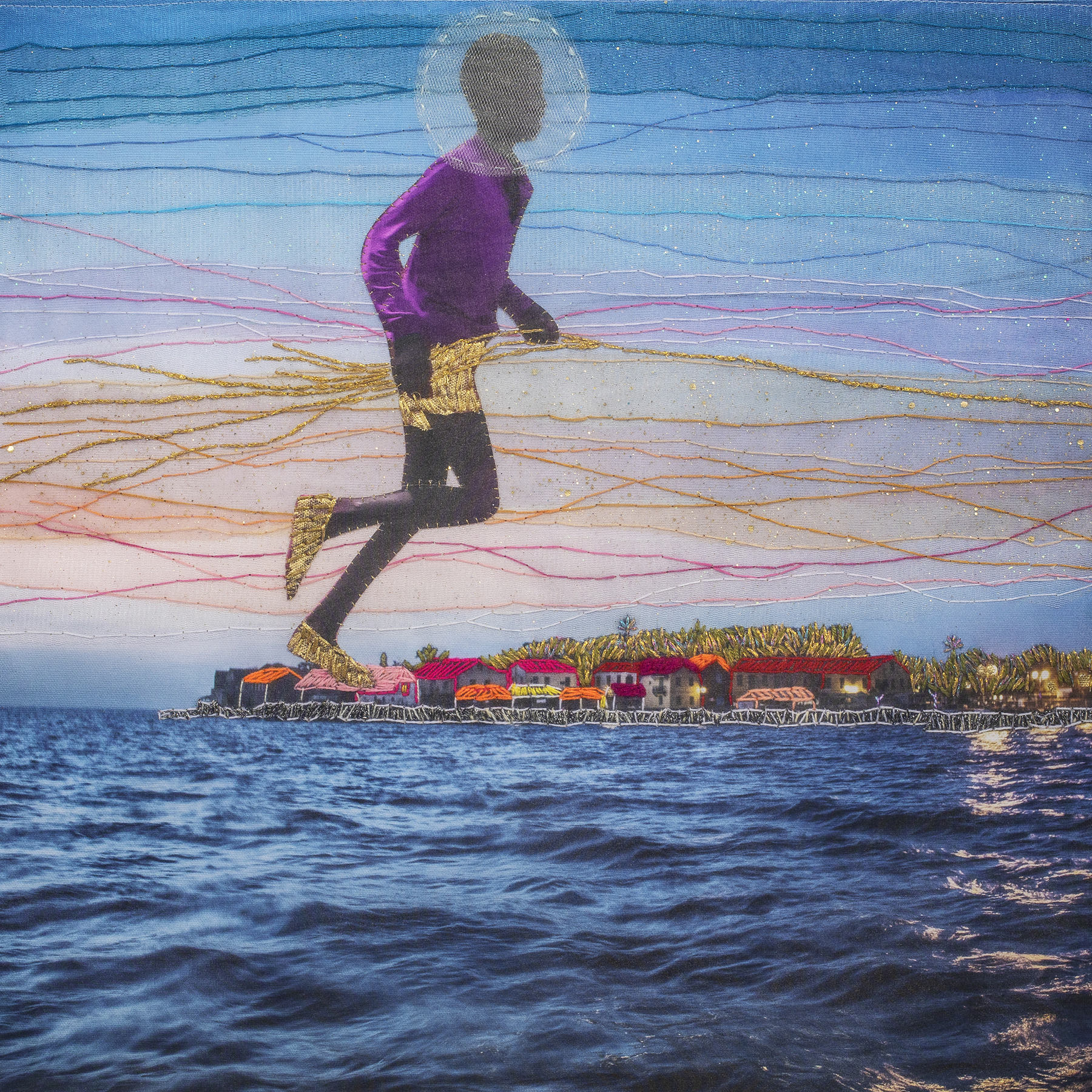
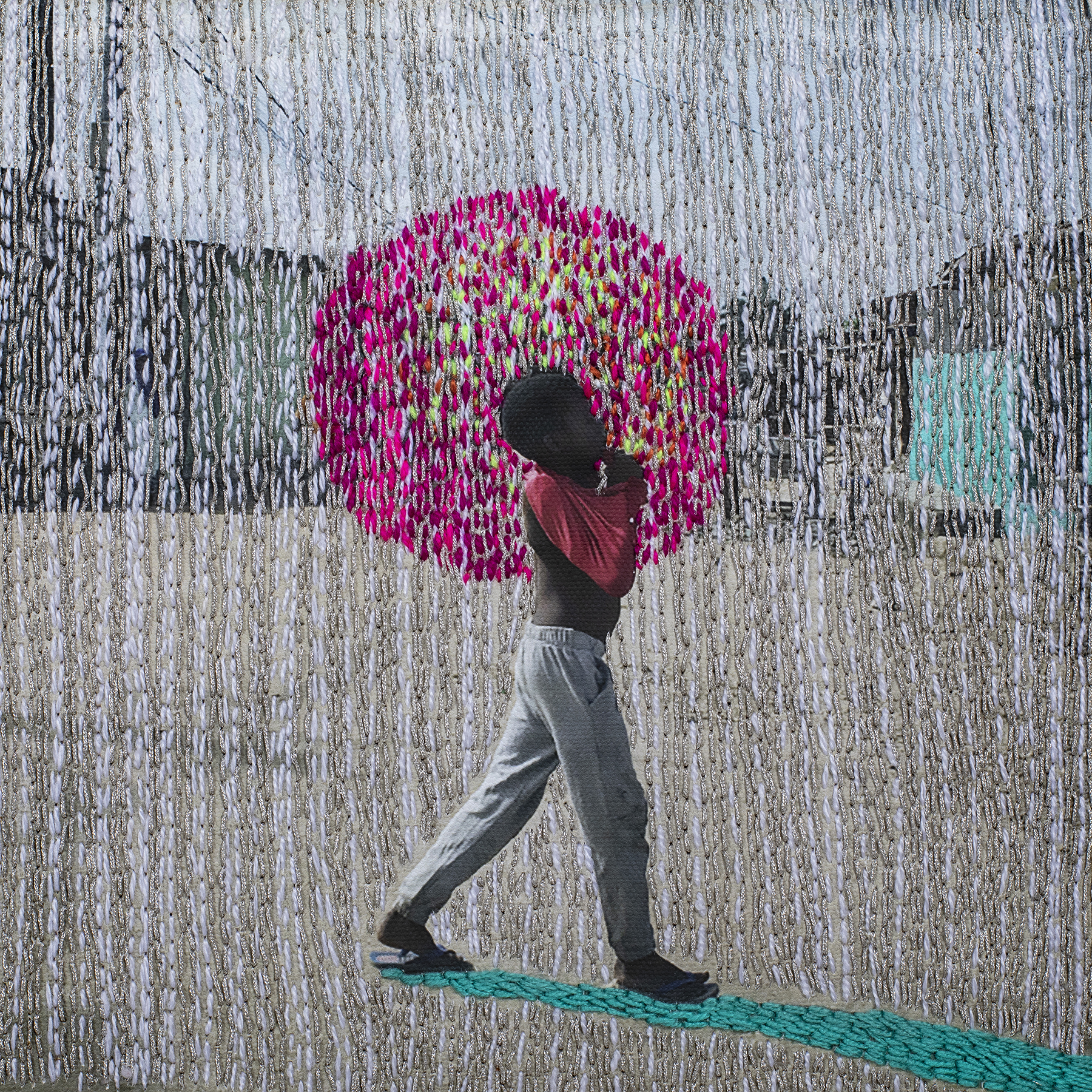
“Zebras Must Be Free,” 2019; “Untitled,” 2017.
© Joana Choumali
“Choumali starts with a traditionally flat medium and then layers thread and fabric to add dimension, texture, color, and new meaning.”
Ilisa Barbash, the Peabody Museum’s Curator of Visual Anthropology
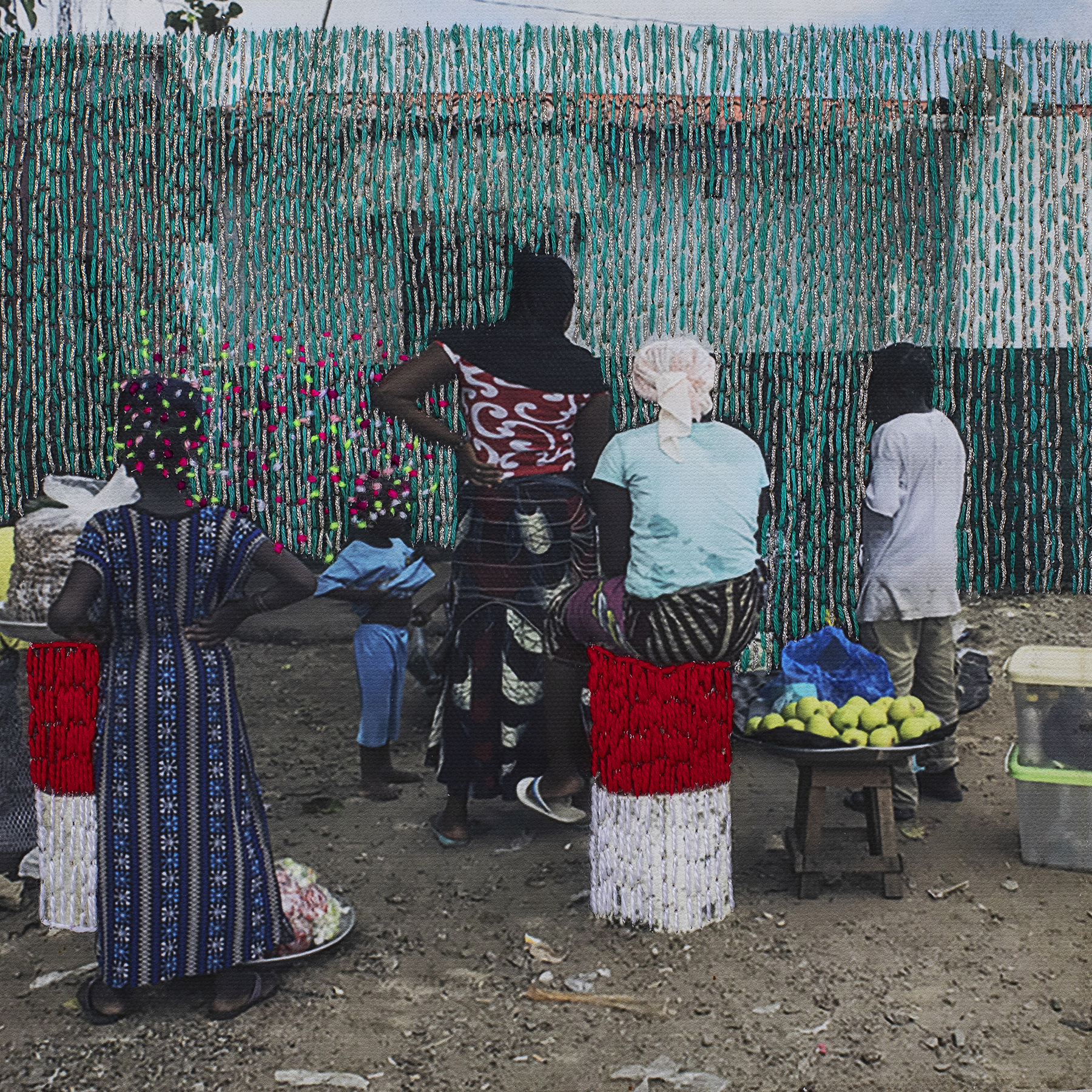
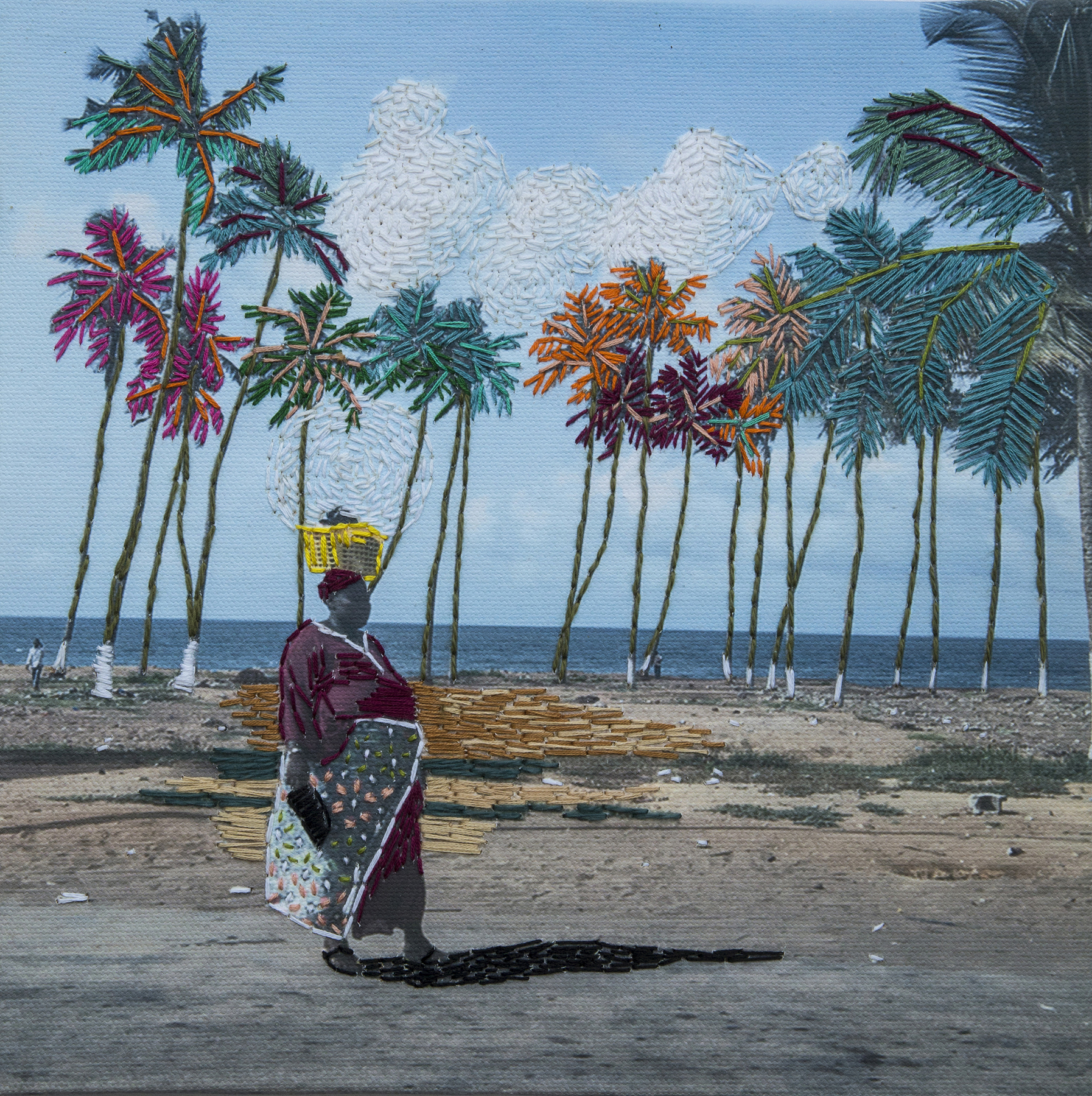
“Untitled,” 2017 and 2016.
The artist works mainly on conceptual portraits, documentary photography, and mixed media, most recently embroidering directly on photographic images with what she calls, “a slow and meditative gesture.”
“Joana Choumali’s works extend the boundaries of photography into exciting new territory,” said the Peabody’s Curator of Visual Anthropology Ilisa Barbash. “Choumali starts with a traditionally flat medium and then layers thread and fabric to add dimension, texture, color, and new meaning. What begins as an instantaneous image produced by the technology of digital photography becomes enriched, politicized, and transformed by Joana’s beautiful and painstaking hand-sewing.”
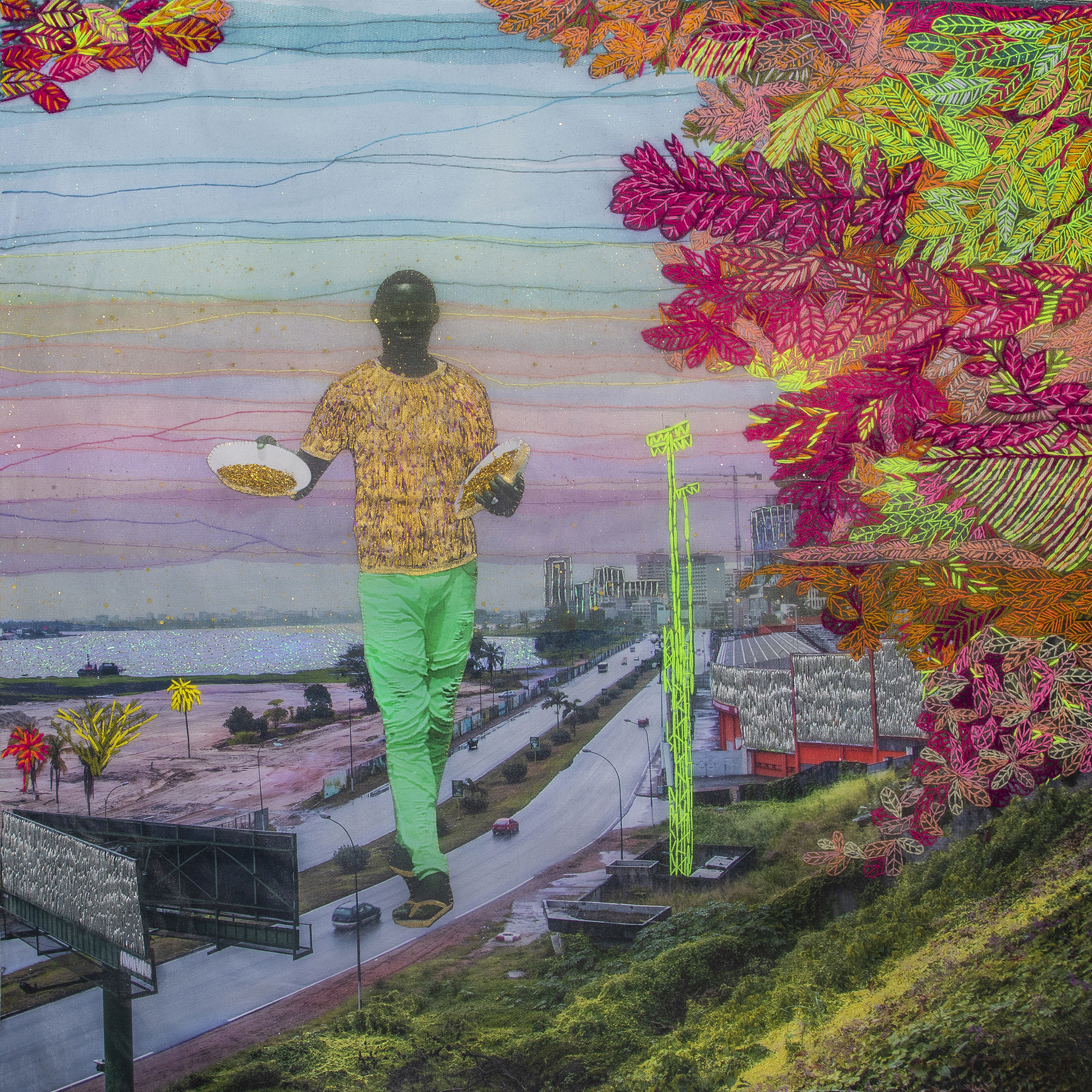
“Full Potential,” 2019.
© Joana Choumali
Through “Yougou-Yougou,” Choumali will investigate the sociopolitical implications of western “fast fashion” in Côte d’Ivoire, and possibly adjacent countries.
“My aim is to demonstrate that through this clothing our Ivorian community (more precisely, the dynamic youth) generally appropriates culture, incorporating styles and messages into their self-presentation, imagination, and social practices.”
“The phenomenon of secondhand message T-shirts provokes many questions … How much room do consumers have to maneuver between the original message (which they may not — or even want to — understand) and their own political concerns?”
Maria Anney, sociologist
Choumali’s frequent collaborator, sociologist Maria Anney, explains, “During the pre-colonial and colonial eras, the regions of sub-Saharan Africa underwent massive extractions of their natural resources sent to the West, and at the same time their local markets were invaded by secondhand Western products, thus rendering Africans dependent on cheap and used imports. Many articles and social studies have produced some important data about this fact.”
“The phenomenon of secondhand message T-shirts provokes many questions: Who buys these, and why? What is the influence of these messages on the social imagination of the communities who wear these secondhand clothes? How much room do consumers have to maneuver between the original message (which they may not — or even want to — understand) and their own political concerns? What does it mean to sell foreign ideologies in this way?”
Joana Choumali.
© Abbas Makke
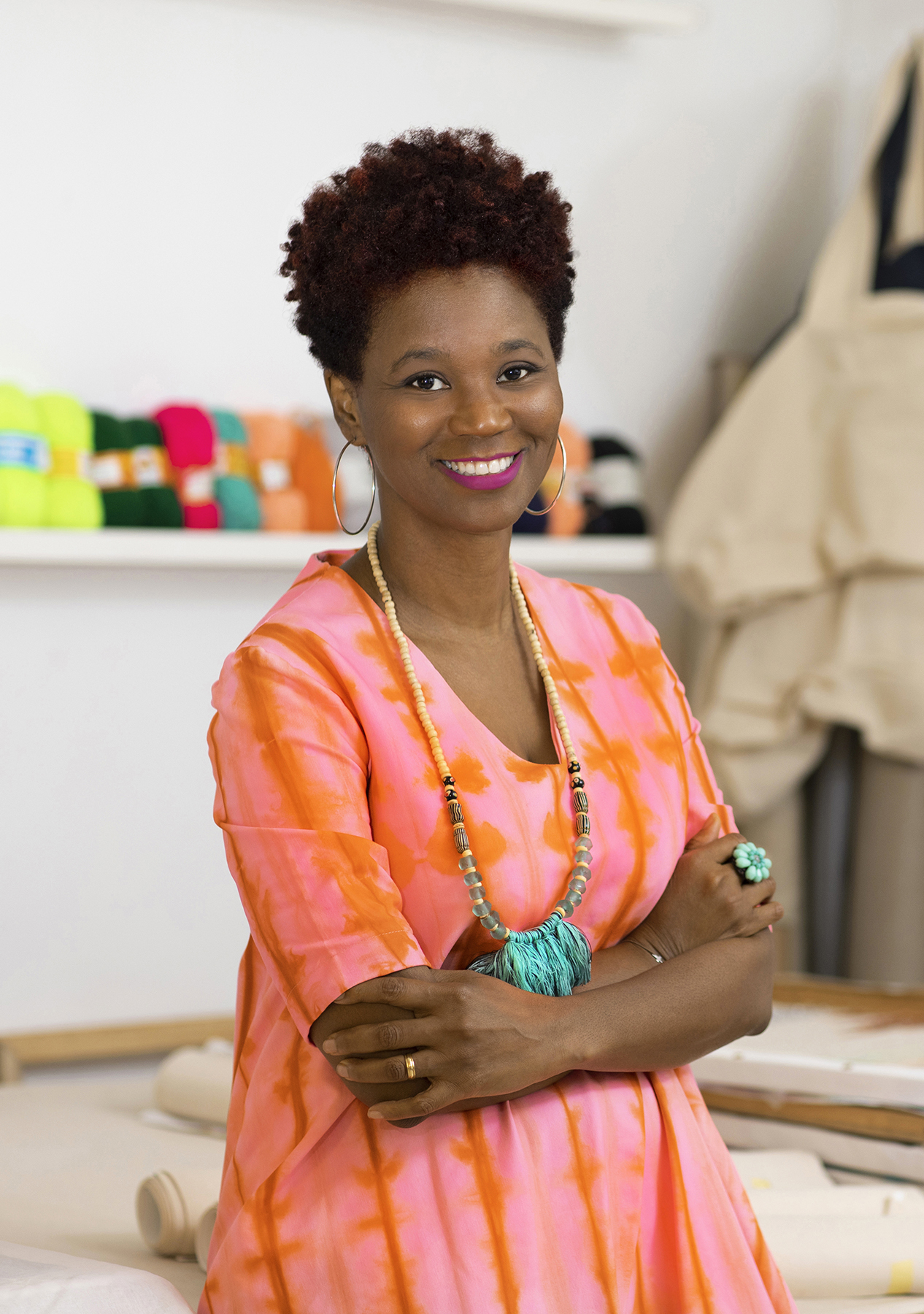
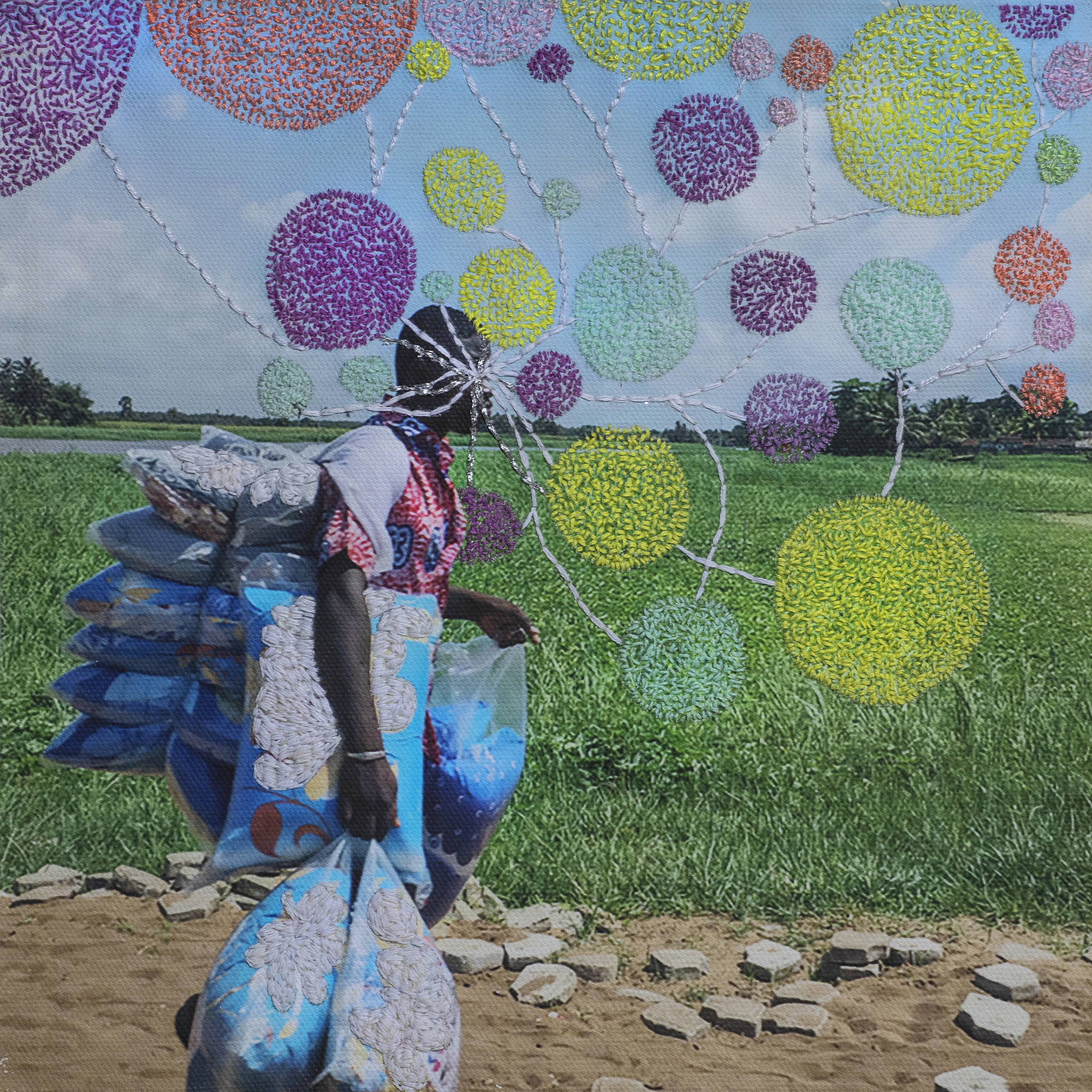
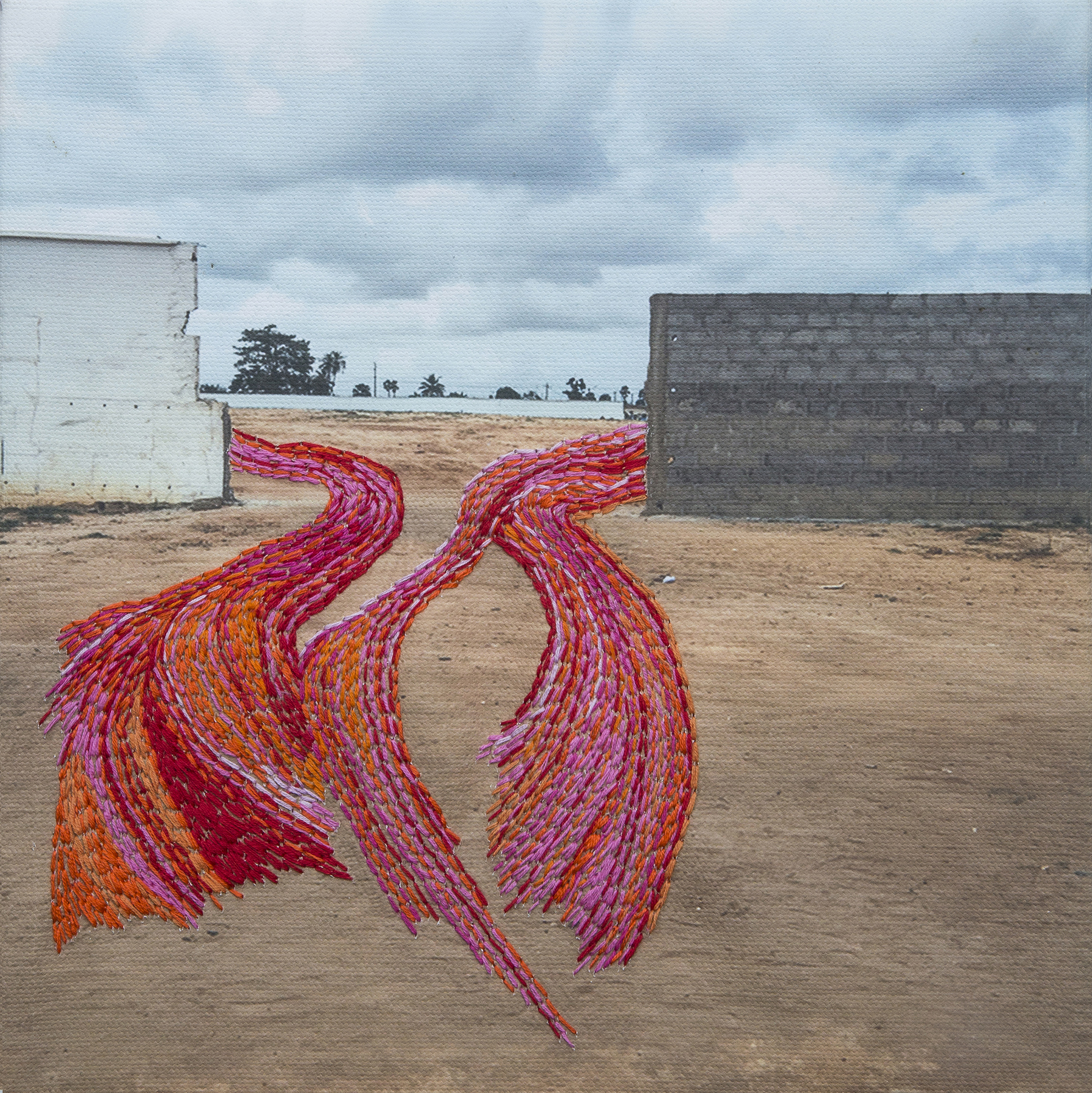
“Untitled,” 2016.
© Joana Choumali
Choumali’s mixed-media techniques, says Anney, “make visible the way in which social codes circulate through an object (the clothes) and an active body.” After photographing people wearing message T-shirts, Choumali says she will “manually intervene on the portraits by superimposing textiles, embroidery, and collage to create a relief effect.”
“The freedom offered by this technique,” says Anney, allows Choumali to “reclaim the imposed message, inviting us to reflect on a new history or third life of these T-shirts.”
Before embarking on a photography career, Choumali studied graphic arts in Casablanca, Morocco, and worked as an art director in an advertising agency.
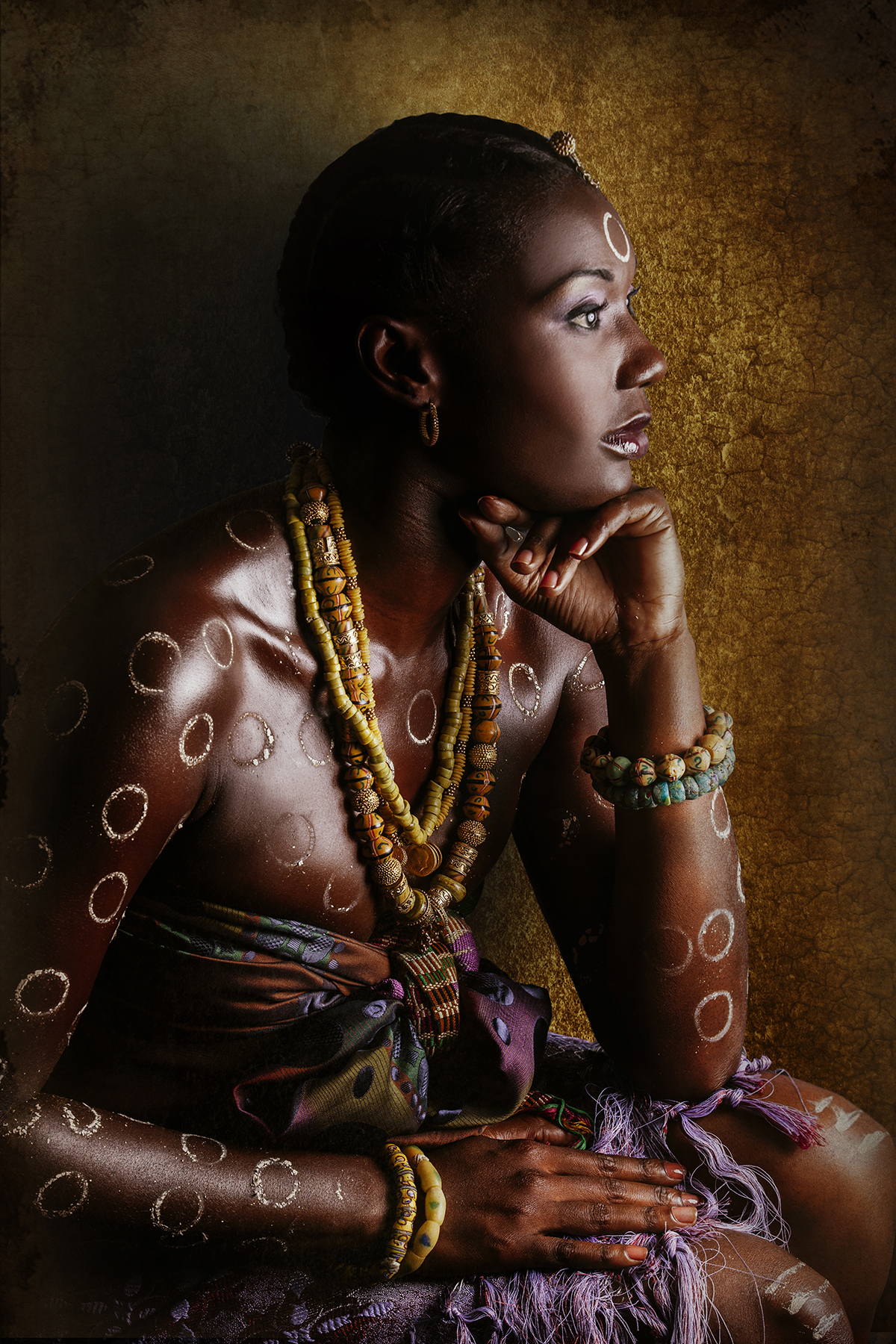
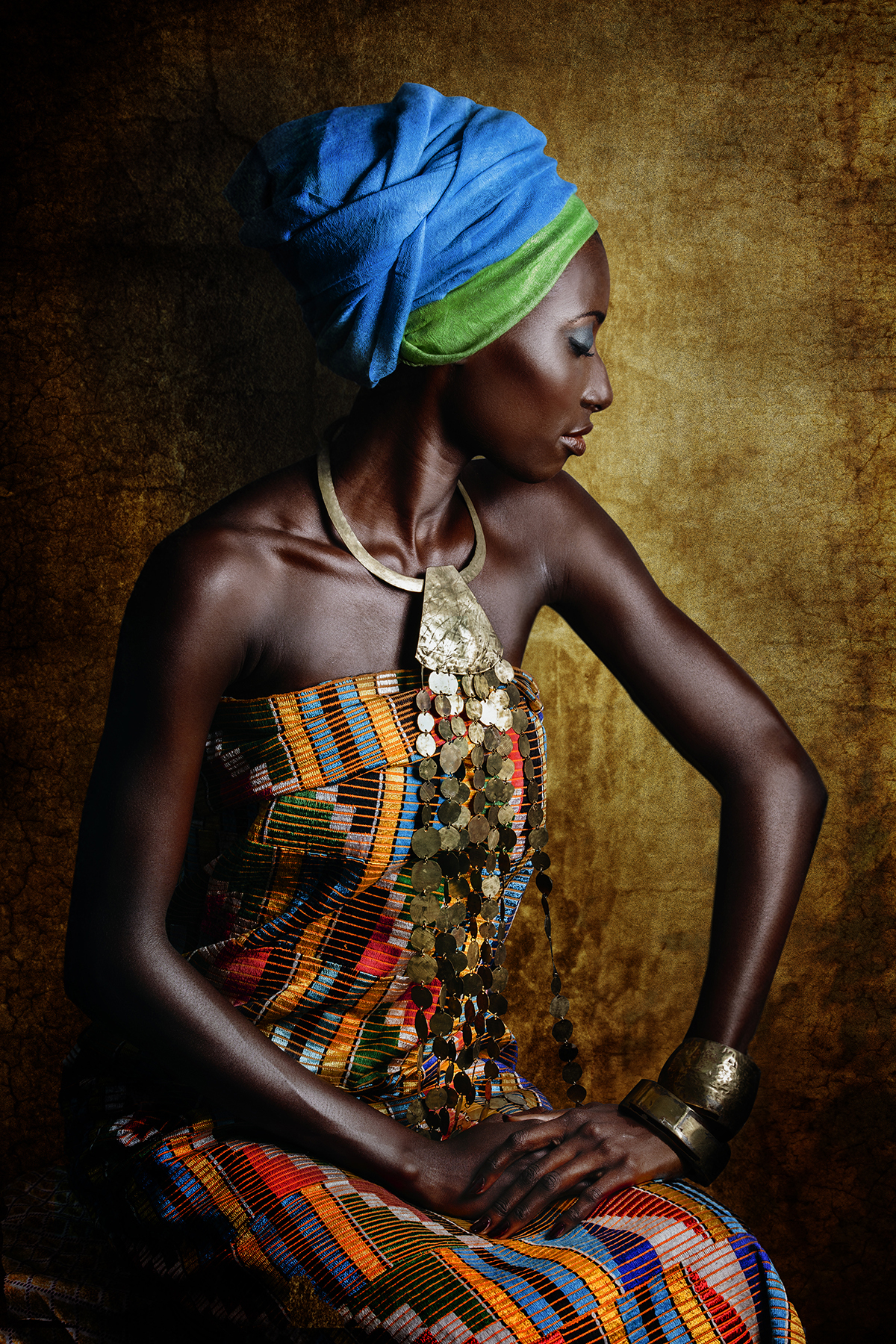
“Akan Attie,” and “Akan Ebrie,” 2014.
© Joana Choumali
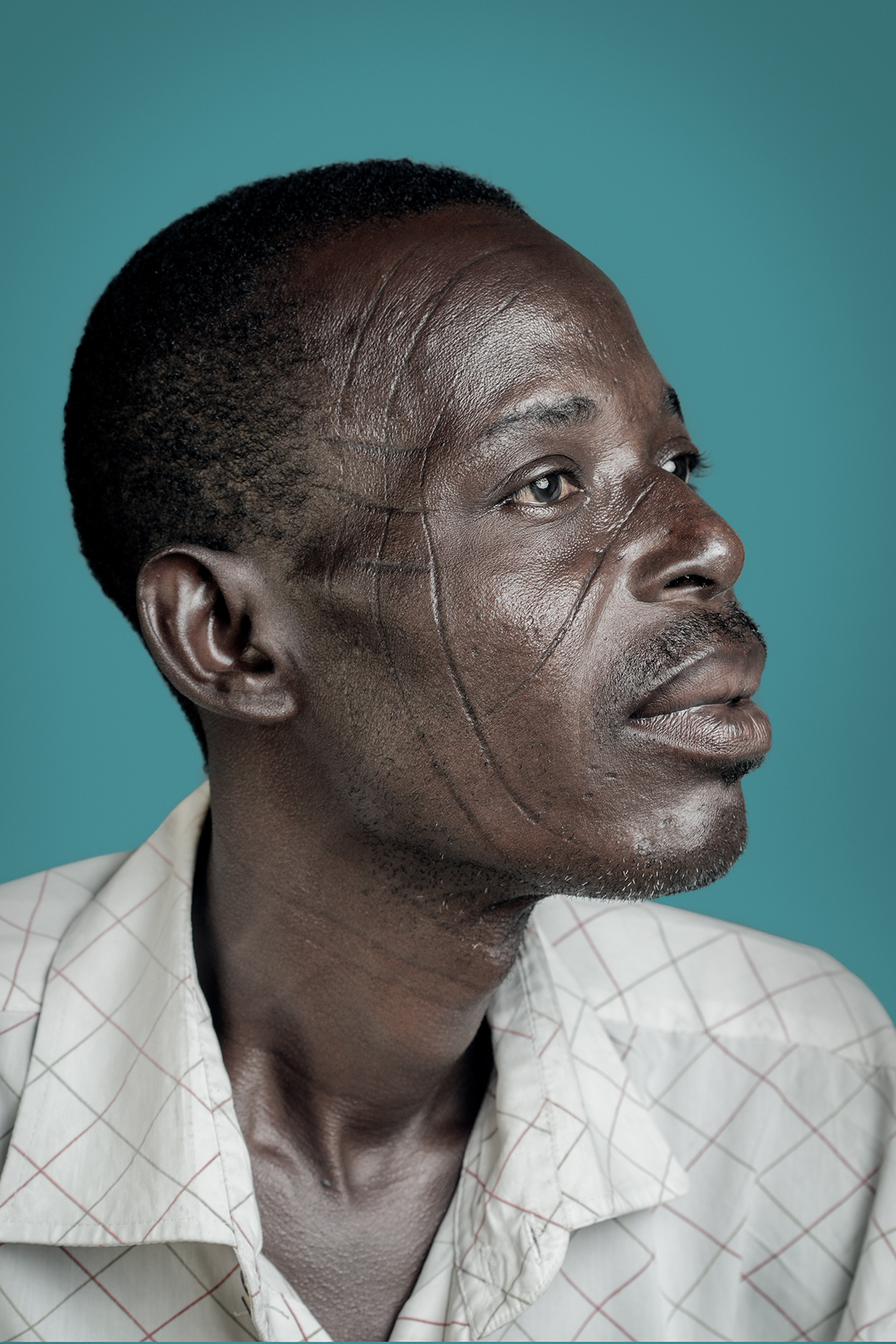
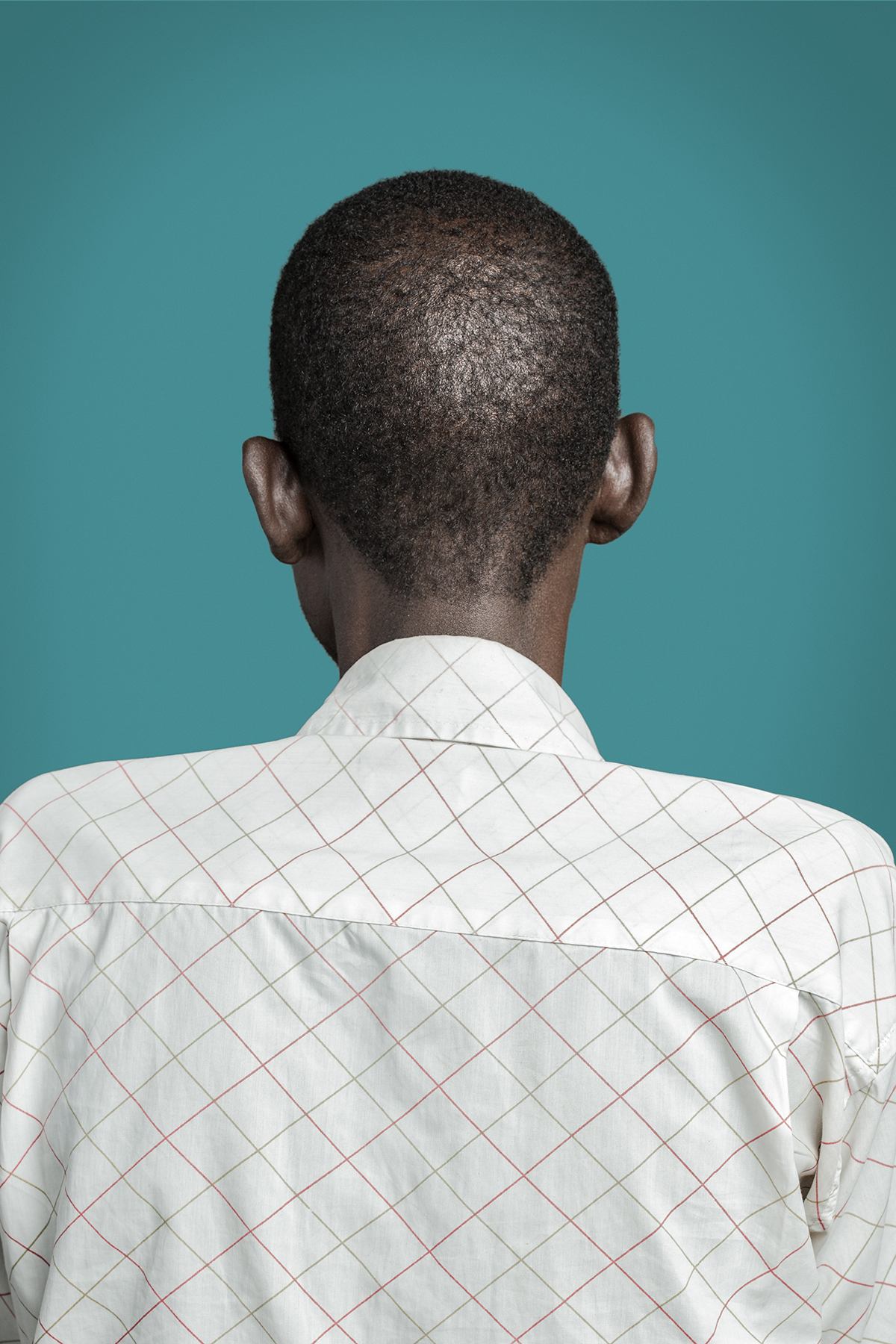
“Mr. Pousnouaga,” 2014.
© Joana Choumali
“During these challenging times, when the arts are more important than ever in bringing us together, we are delighted to be able to continue this important program,” said Jane Pickering, the William and Muriel Seabury Howells Director of the Peabody.
“Since 2007 this fellowship has supported emerging and mid-career photographers from six continents to document, as Robert Gardner put it, ‘the human condition anywhere in the world.’
“I would like to extend my deepest thanks not only to Robert Gardner (1925–2014) and his wife, Adele Pressman, but also to the anonymous award committee and nominators, and to the extraordinary artists who were invited to submit proposals for this highly competitive award.”





